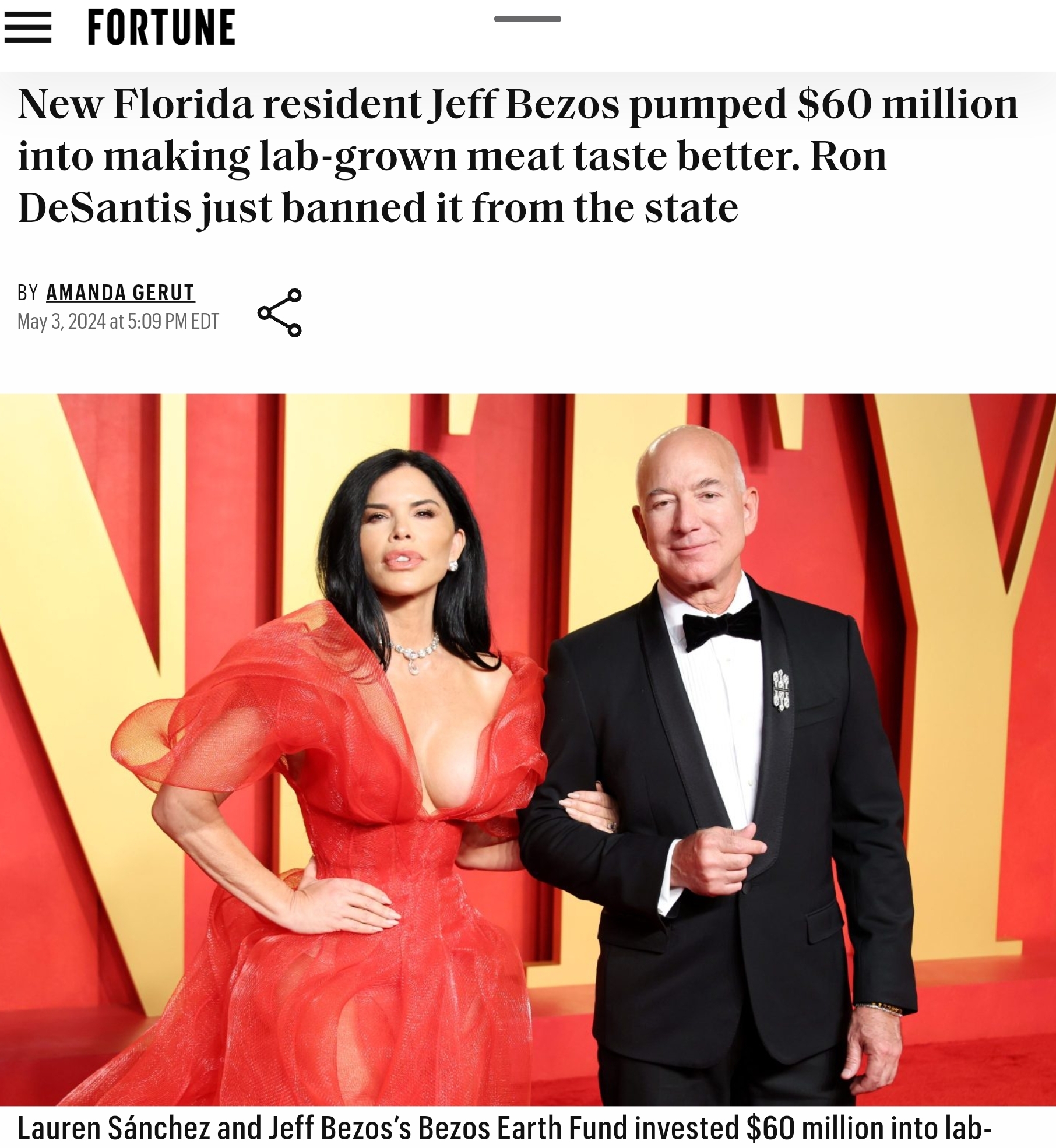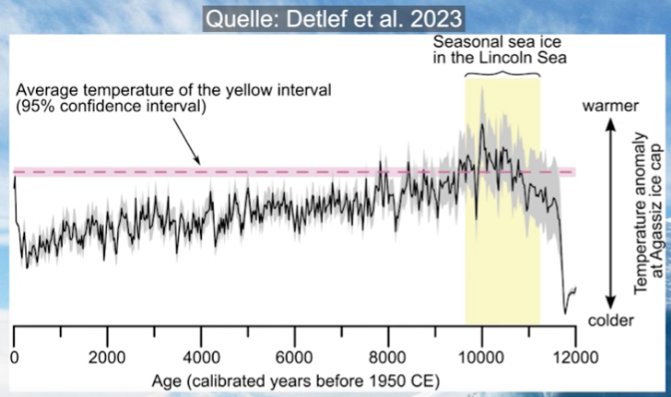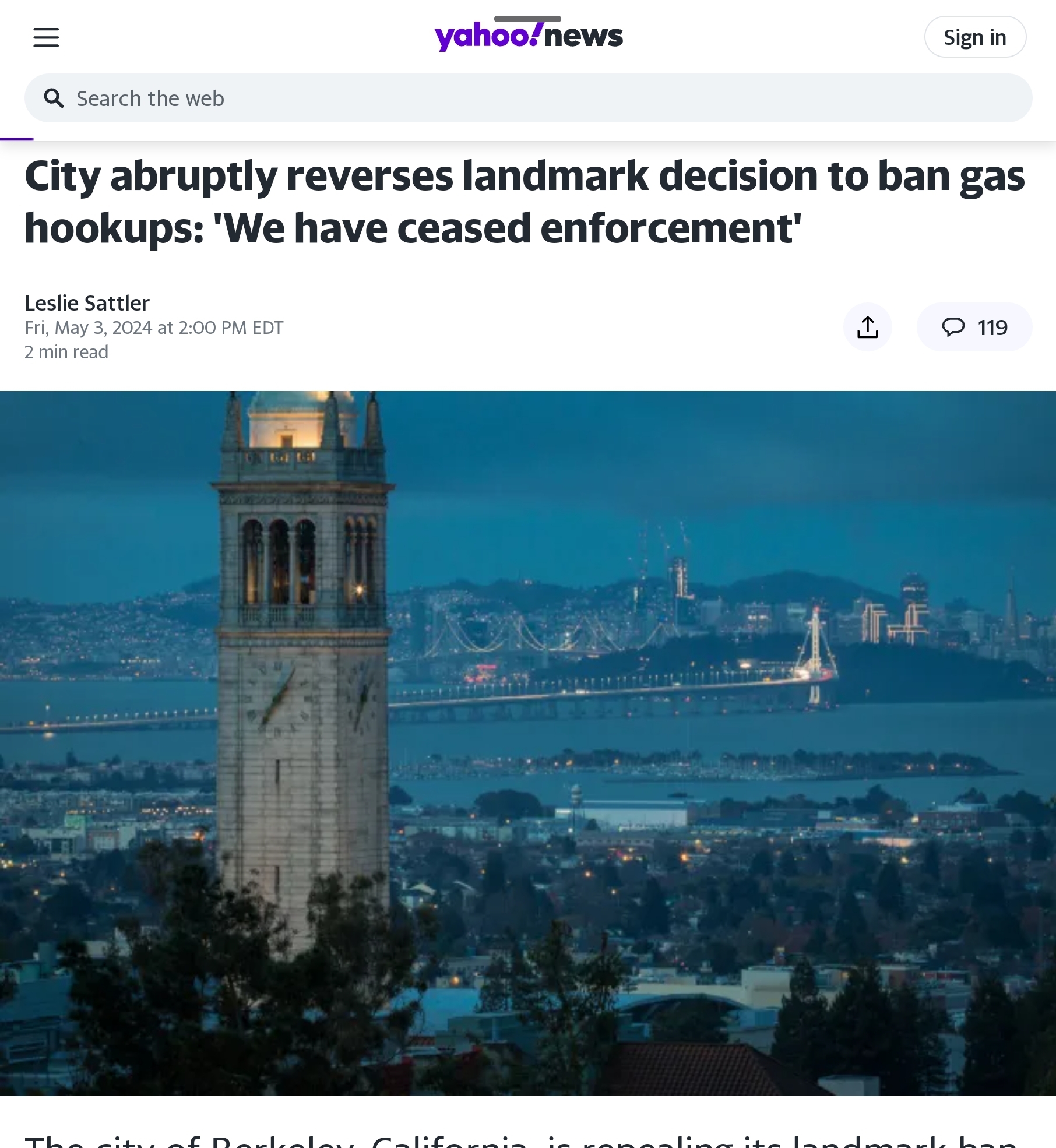https://www.liberalpatriot.com/p/to-avoid-the-worst-impacts-of-climate
“To avoid the worst impacts of climate change, scientists say…”
One of the most oft-repeated phrases in the climate discussion is also one of the most vacuous.
By Climate Scientist Dr. Patrick T. Brown
We heard a very familiar framing of the climate change problem coming out of the 28th annual United Nations (UN) climate negotiations in Dubai last month. Journalists covering this event leaned on the crutch of using some form of this phrase: “In order to avoid the worst impacts of climate change, scientists say CO2 emissions must be reduced fast enough so that global warming does not exceed 1.5°C above preindustrial levels”.
Here is how The New York Times put it:
World leaders on Friday, in opening speeches at the United Nations climate summit in Dubai, called for action to keep global warming at no more than 1.5 degrees Celsius, a target set when the Paris Agreement was adopted in 2015. That’s the threshold beyond which, scientists say, humans will have trouble adapting to intensifying wildfires, heat waves, drought and storms. [Emphasis added]
And Reuters:
That would be the first time in history that a U.N. climate summit has mentioned reducing use of all fossil fuels. But it would fall short of the ‘phase-out’ of coal, oil and natural gas scientists say must happen soon to avoid climate change escalating. [Emphasis added]
The Wall Street Journal covered it in a similar way:
An agreement targeting fossil fuels would send a broad signal to the global economy that governments are intent on sharply cutting fossil-fuel consumption…such a deal would represent an unprecedented acknowledgment…of what scientists say is needed to prevent the more destructive effects of climate change. [Emphasis added]
This framing is hardly new—it has been nearly ubiquitous in climate coverage over the past five years. Here is just one more example from CNN:
To avoid the worst consequences of climate change—worsening extreme weather, irreversible ecosystem shifts, loss of life and economic hardship—scientists say the world must limit global warming to 1.5 degrees Celsius above pre-industrial levels.” [Emphasis added]
Since global temperatures rise in step with total cumulative CO2 emissions, setting a global warming limit at 1.5°C entails that there is a definitive global carbon budget or a certain amount of “allowable CO2 emissions” that humanity will exhaust in a matter of years. Under this framing, a deadline is quickly approaching, and the remaining “carbon budget” should not be exceeded but instead can be distributed or allocated to countries based, perhaps, on the judgments of scholars.
But this framing misleads for at least three reasons.
The first is that the phrase “scientists say” implies that there is a scientific consensus on the need to limit global warming to some particular level and therefore a scientific consensus on the size of our supposed carbon budget. That is not the case.
The second reason is that tying the phrase “in order to avoid the worst impacts of climate change” to the particular 1.5°C level of warming implies that there is something special about that threshold. But that’s not the case either.
Finally, focusing only on “scientists” and “the worst impacts of climate change” takes an issue that should be looked at through a society-wide cost-benefit lens and puts the focus exclusively on the benefits of avoided warming—ignoring the costs involved in avoiding that warming.
What do “scientists say” about climate change?
That does indeed apply to the claims that the planet is warming and that human activities are the primary driver of that warming. You will often hear that there is a “97 percent scientific consensus on climate change,” and that again refers to various surveys of the scientific literature that tend to consistently find something like 97 percent of climate scientists and relevant climate science papers support the conclusion that humans are causing most (typically all) of contemporary global warming.
But there is much less of a consensus on the impacts of that warming, particularly the relative magnitude of those impacts on human society in the context of all other dynamic, rapidly evolving changes in technology, infrastructure, and societal organization.
The so-called “Working Group 2” of the IPCC covers the impacts of climate change. In my view, Working Group 2 tends to bend over backward to portray climate change impacts as negatively as possible. Furthermore, the entire notion of defining the preindustrial climate as some ideal state is dubious. Despite this, even the IPCC Working Group 2 reports do not claim that there is anything particularly special about the 1.5°C level of global warming and its associated global carbon budget. Instead, as shown by some of their figures below, they highlight changes in the climate system and risks of adverse consequences on a continuum of levels of global warming.
…
The point is that any policy that restricts energy options by defining strict carbon budgets necessarily eliminates some options and holds the strong potential to harm human resilience to climate as well as human well-being overall. To put more concrete numbers on the 1.5°C emissions pathway, coal power plants would have to be phased out at an average rate of about 240 plants a year, every year between now and 2030, to be on pace for the target. Overall, it is a rate of greenhouse gas emissions reductions that is equivalent to what was experienced due to the COVID lockdowns and associated economic recession (about five percent) but maintained year after year for the next 4-5 decades. The costs, in monetary terms, are calculated to be something close to five to ten percent of global GDP (or $5-10 trillion) annually over the next several decades.
But costs like these are completely ignored in the phrase “in order to avoid the worst effects of climate change, scientists say…” because “effects” only refers to the negative impacts of warming, not the costs of overly restrictive global energy policy involved in allocating a dwindling “carbon budget.”
Ditch the vacuous framing.
In coming years, the carbon budget associated with the 1.5°C limit will be exceeded—and the climate commentariat will be forced to at least consider new ways to frame the discussion. Rather than simply resetting with a new artificial limit and carbon budget (e.g., moving it back to 2.0°C), climate activists should perhaps place the emphasis much more on the near-term technological developments necessary to reduce the green premiums for low emissions technologies like enhanced geothermal, advanced nuclear reactors, and low carbon steel and cement production. The moment these and other green premiums are eliminated is the moment that economic forces align with political goals to facilitate the necessary transitions to a near-zero emissions economy.
It’s also the moment that contrived temperature limits, carbon budgets, and the COP negotiations themselves become unnecessary.
Patrick T. Brown is a Ph.D. climate scientist, co-director of the Climate and Energy Team at The Breakthrough Institute, and adjunct faculty at Johns Hopkins University.
#
By Climate Scientist Dr. Patrick T. Brown: This framing misleads for at least three reasons.
The first is that the phrase “scientists say” implies that there is a scientific consensus on the need to limit global warming to some particular level and therefore a scientific consensus on the size of our supposed carbon budget. That is not the case.
The second reason is that tying the phrase “in order to avoid the worst impacts of climate change” to the particular 1.5°C level of warming implies that there is something special about that threshold. But that’s not the case either.
Finally, focusing only on “scientists” and “the worst impacts of climate change” takes an issue that should be looked at through a society-wide cost-benefit lens and puts the focus exclusively on the benefits of avoided warming—ignoring the costs involved in avoiding that warming.




